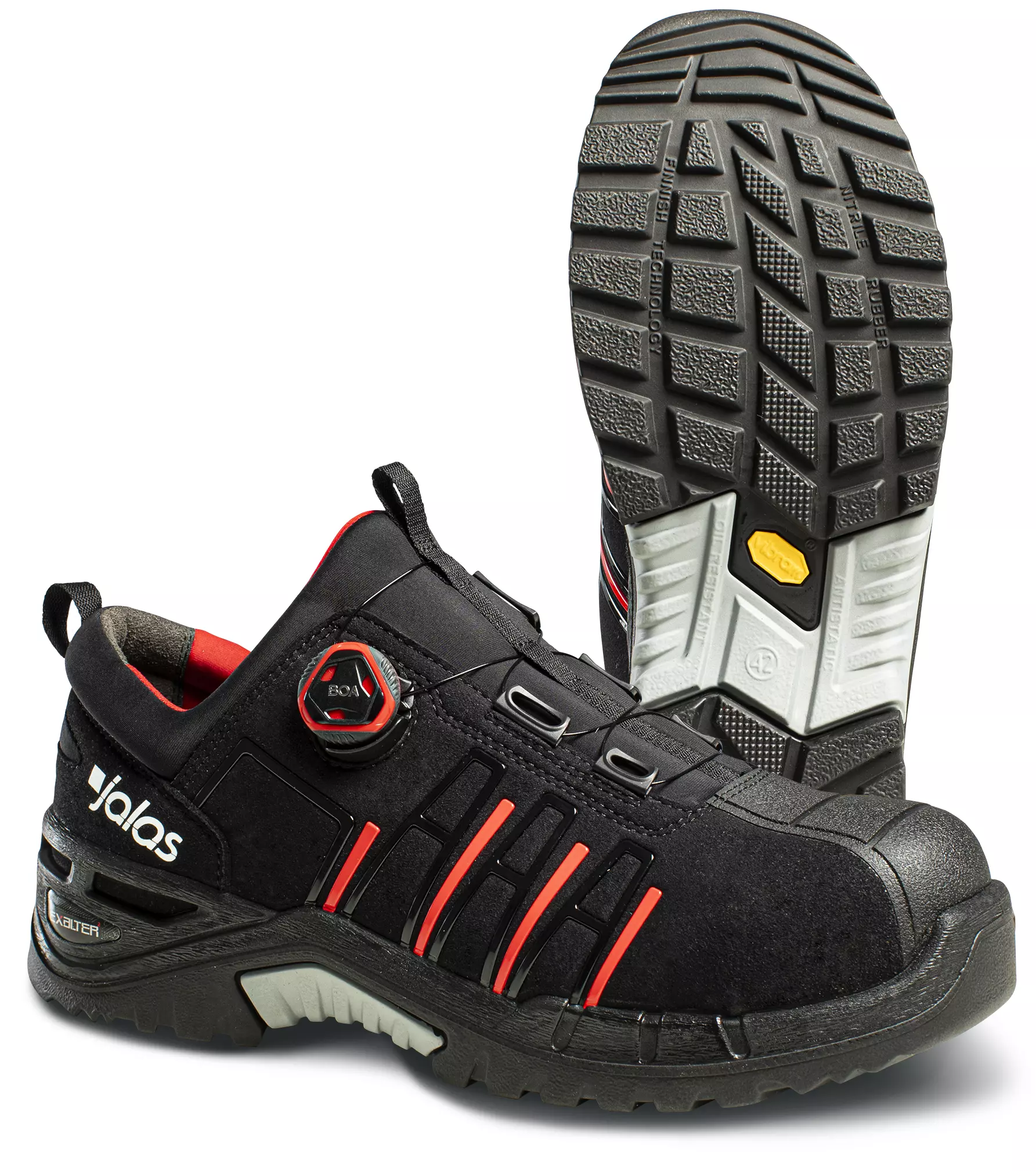Loading Jalas for Germany
Change the country of delivery or ask for an alternative for product code JAL-9965 by contacting one of our product experts.

Jalas Exalter Safety Shoe
Jalas Exalter Safety Shoe
5 / 5
Change the country of delivery or ask for an alternative for product code JAL-9965 by contacting one of our product experts.
Get help from our experts
You can pay with any of the following popular payment methods:
Get in touch with our customer support if you need help
Get help from our experts